On February 29, 2024, PUMCH hosted a special event to observe the 17th Rare Disease Day, which was themed “spreading love to illuminate the journey of life and fighting with patients for a better tomorrow”. It was a packed day: the launch of the Institute of Innovations in Diagnosis and Care for Rare Diseases (hereinafter referred to as the “Institute”); the inauguration of China’s first rare disease specialty ward; the launch of AI-powered large model for rare diseases; and various activities such as free consultations and an MDT meeting were organized. All these efforts aimed to enhance the diagnostic and treatment capabilities for rare diseases, ensure the implementation of supporting policies, extend care and warmth to patients, and raise social awareness. Wang Zhizhen, an academician of the Chinese Academy of Sciences, former Vice Chairperson of the Central Committee of the Jiusan Society, and Vice Chairperson of the 11th National Committee of the Chinese People’s Political Consultative Conference (CPPCC), attended the series of events and delivered a speech.
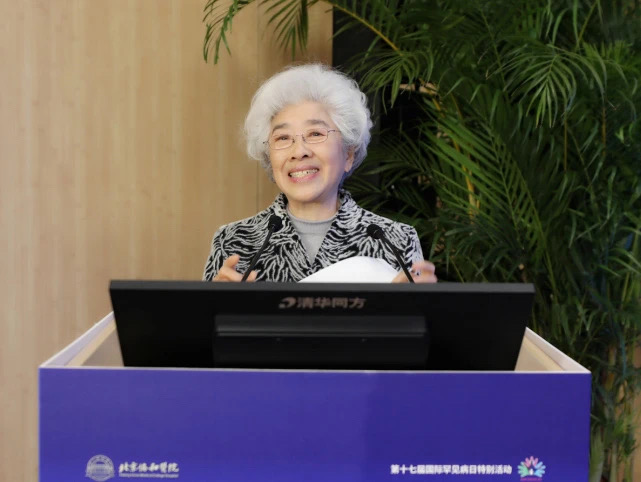
Academician Wang Zhizhen spoke highly of PUMCH for its remarkable achievements in exploring new models in a pragmatic and results-oriented manner, addressing new issues as a trailblazing innovator, and building new systems based on opening up and seeking complementary cooperation, among others. Academician Wang hoped that the Institute would innovate relentlessly on various fronts, such as establishing a national collaborative platform for rare diseases, advancing basic and cutting-edge research on rare diseases, promoting the development of the discipline, developing a professional taskforce, enhancing diagnostic and treatment capabilities, strengthening national collaboration, and facilitating rare disease management and access to medications. With such tasks in mind, the Institute would play a central role in tackling the challenges posed by rare diseases in China. Academician Wang emphasized public education as the top priority for now and the need for strengthening personnel training in basic education, disease prevention, and diagnostic knowledge.
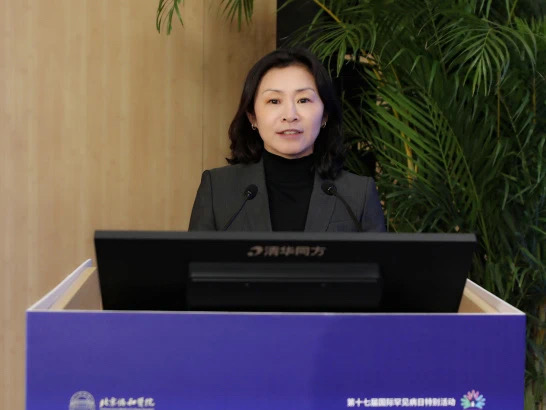
“The establishment of the Institute brings new hope to rare disease patients and their families nationwide,” said Xing Ruoqi, Deputy Director General of the Department of Medical Administration, the National Health Commission. In her speech, she acknowledged that PUMCH, as the national-level leading hospital in the National Rare Disease Diagnosis and Treatment Collaboration Network and the institution to which the National Quality Control Center for Rare Diseases is affiliated, has effectively promoted the implementation of rare disease-related policies and systems and played a leading and demonstrative role in improving healthcare for patients with rare diseases in China. Deputy Director General Xing Ruoxi hoped that the Institute would help further strengthen productive collaboration among medical institutions, research institutes, and enterprises, foster new advantages through an open architecture, and enhance innovation in systems, technology, models, and management. This will contribute even more to the development of rare disease healthcare and the Healthy China initiative.
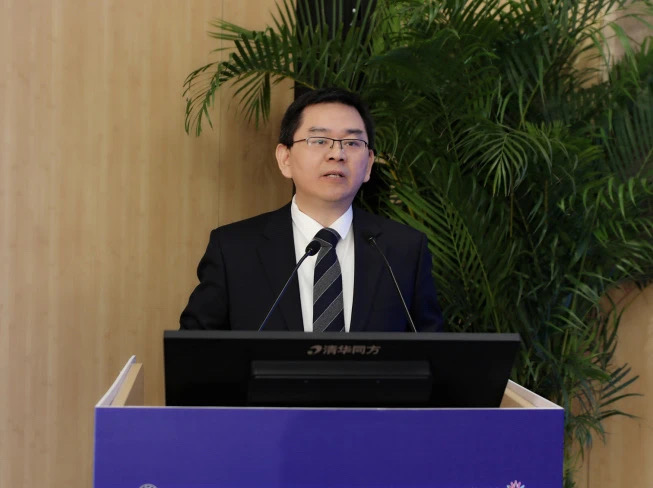
In his speech, Zhong Dongbo, Secretary of the Party Committee of the Beijing Municipal Health Commission, stated that the establishment of the Institute signifies another important step that PUMCH has taken to tame rare diseases. The Beijing Municipal Health Commission will, as always, fully support PUMCH in all its work related to rare diseases. Mr. Zhong expressed the hope that PUMCH and the various departments, institutions, and medical professionals involved will adhere to the spirit of equality, compassion, dedication, and cooperation. He envisioned Beijing becoming a go-to choice for patients, an important center for research, a base for drug development, and a pioneer in ensuring access to medications in the field of rare diseases. Mr. Zhong acknowledged that PUMCH has admitted and treated numerous patients with intractable conditions and rare diseases from across the country and taken on many groundbreaking tasks, which speaks volumes about its sense of initiative and responsibility. He expressed the expectation that the Institute will play an important role in clinical practice, research, and the grooming of high-level talents.
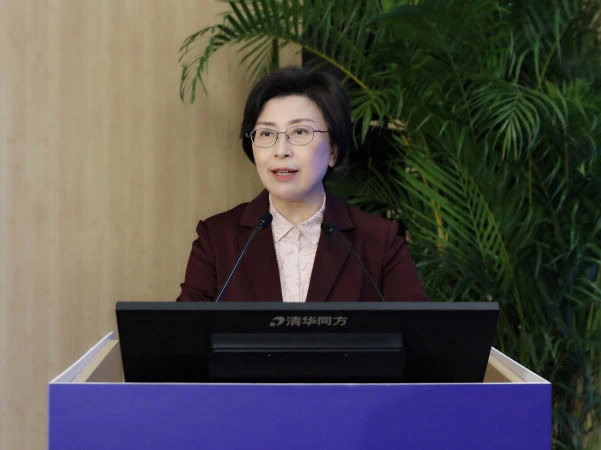
In her speech, PUMCH President Zhang Shuyang stated that PUMCH will always center its efforts around patients and conduct forward-looking and groundbreaking research geared towards their clinical needs, tapping into national platforms. PUMCH will integrate resources, innovate mechanisms, and establish a system for tackling challenges throughout the whole process of clinical practice, research, and translation. The hospital will double down on its talent grooming efforts, striving to become a platform of practices and exchanges for the “brightest minds”. It will also further promote the convergence of medical care, research and application and strengthen the coordination between government, industry and academia to generate more high-quality “PUMCH solutions” for intractable and rare diseases. It will endeavor to develop high-level innovation platforms, large-scale industrial clusters, high-level talent teams, and favorable innovation ecosystems. Through these endeavors, the hospital will achieve efficient medical translation, unleash productive forces at a faster pace and turbocharge efforts for mass health, and press the “fast forward” button for medical innovation.
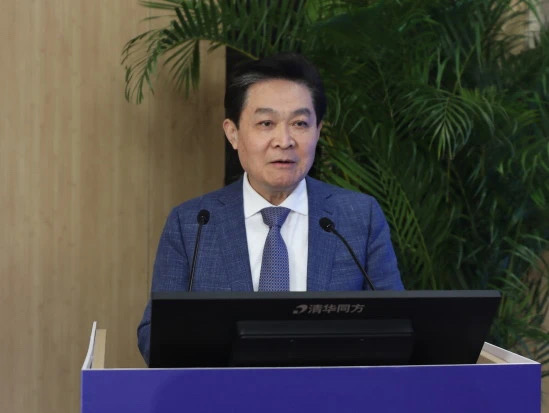
▲Inauguration of the Institute was moderated by Li Linkang, Executive Director of the China Alliance for Rare Diseases
The Institute will fully tap into the all-round strengths of PUMCH. It will promote the innovative integration of “industry, academia, research, and application”, geared towards addressing clinical needs. By establishing a base for product innovation and translation, an integrated diagnosis and treatment service platform, joint laboratories, and data support platforms, the Institute aims to build a new system and explore new models for rare disease diagnosis, treatment, and research. It will zero in on big scientific questions to ultimately better protect people’s health.
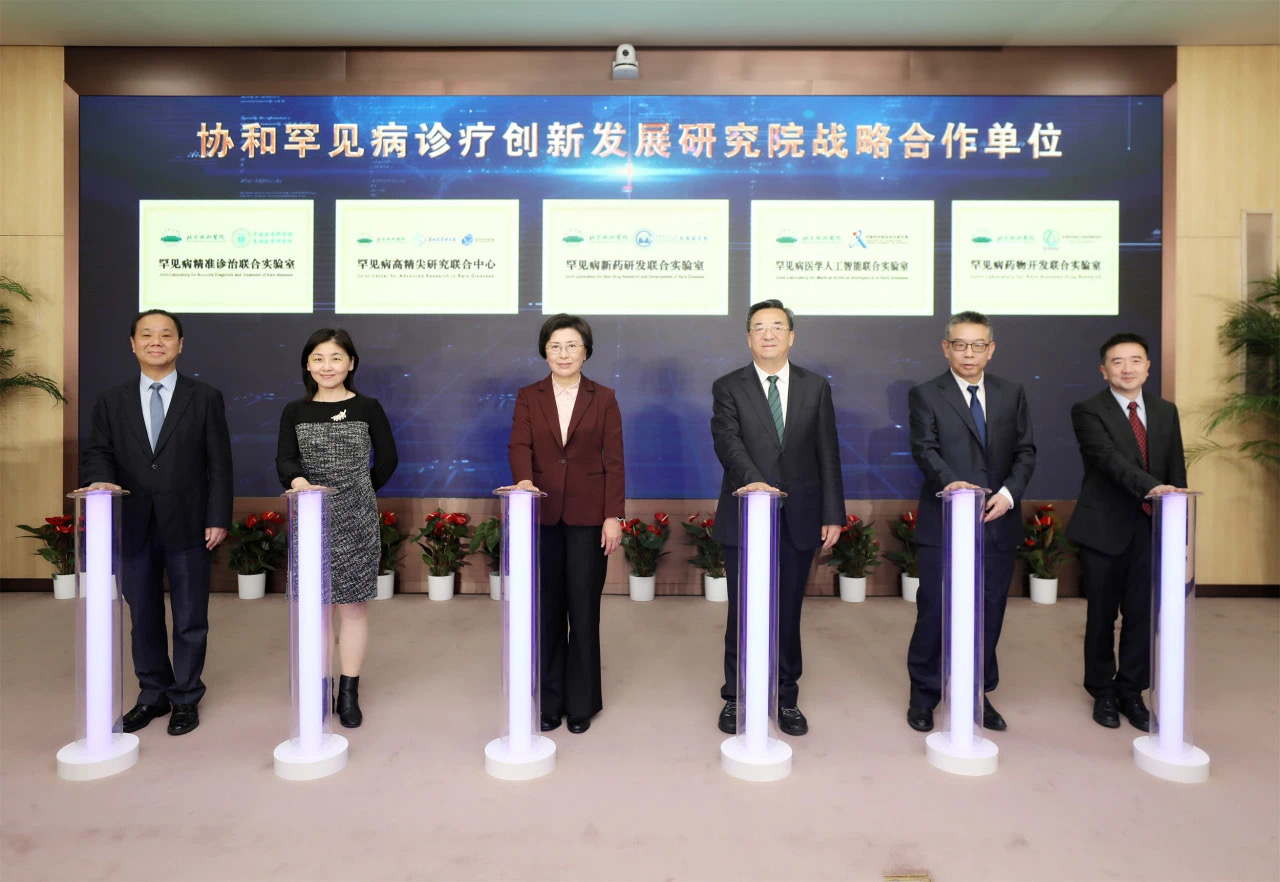
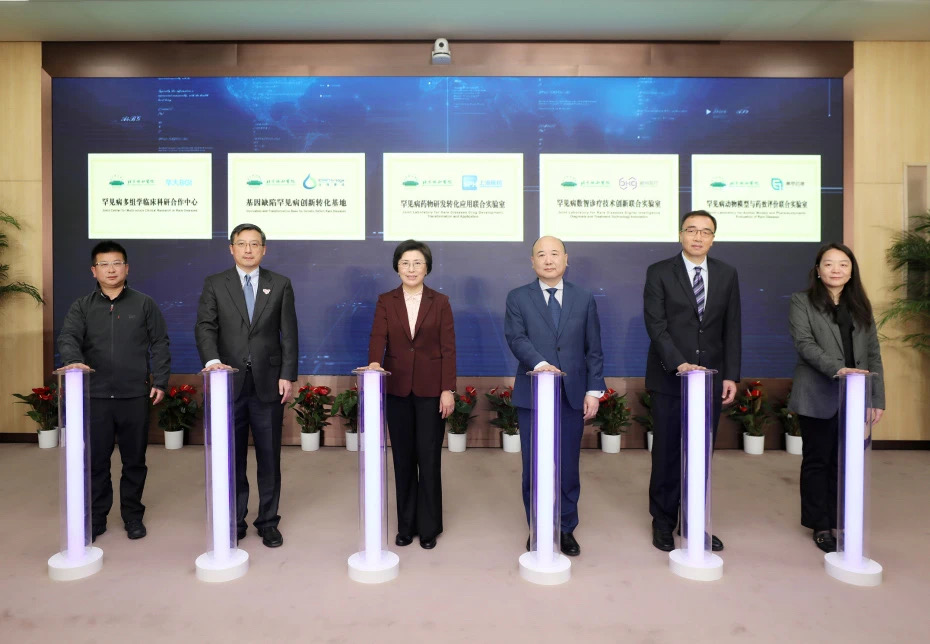
▲Signing ceremony between the Institute and its strategic partners
During the inauguration ceremony, PUMCH signed cooperation agreements with the first batch of 10 strategic partners including Shenzhen Medical Academy of Research and Translation to form a joint laboratory. The joint laboratory will focus on conducting innovative and translational research in the fields of rare diseases, artificial intelligence, precision diagnosis and treatment, drug development, innovation translation, and drug efficacy evaluation.
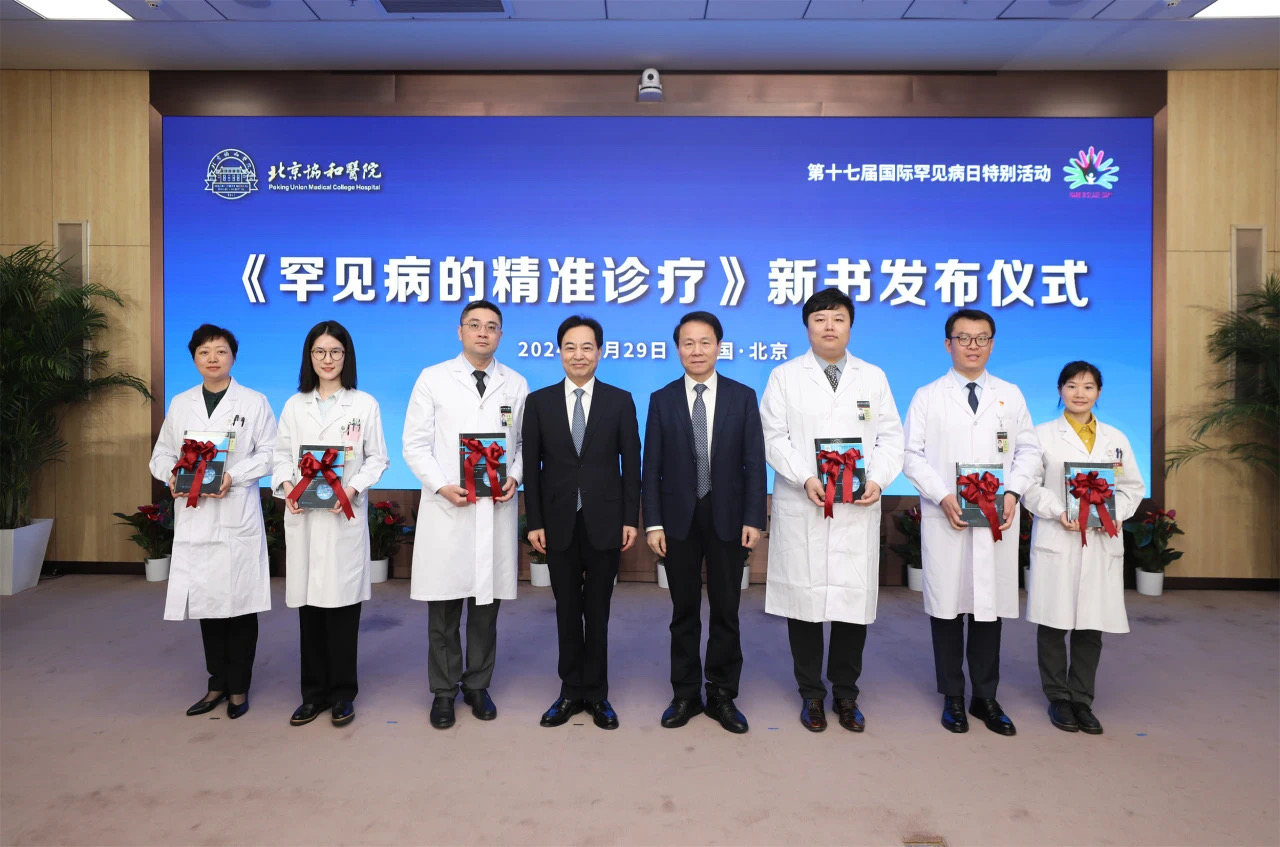
▲Release of the New Book “Precision Diagnosis and Treatment of Rare Diseases”
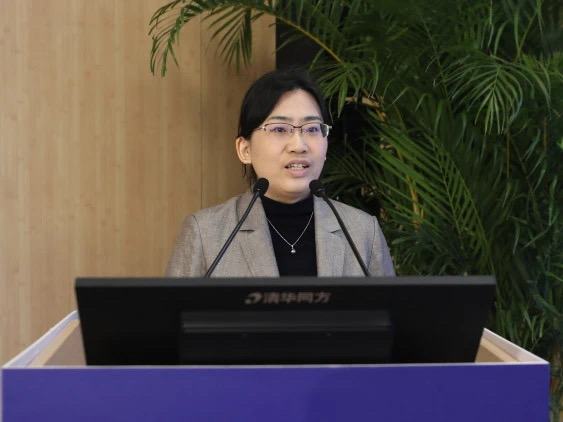
▲Launch
of AI-powered Large Model “PUMCH · Taichu”
The event witnessed the release of the new book “Precision Diagnosis and Treatment of Rare Diseases”, with Academician Zhan Qimin as the chief editor and Professor Zhang Shuyang as the editor. It also witnessed the launch of an AI-powered large model “PUMCH · Taichu”, jointly developed by the rare disease expert team at PUMCH and researchers from the Institute of Automation, Chinese Academy of Sciences.
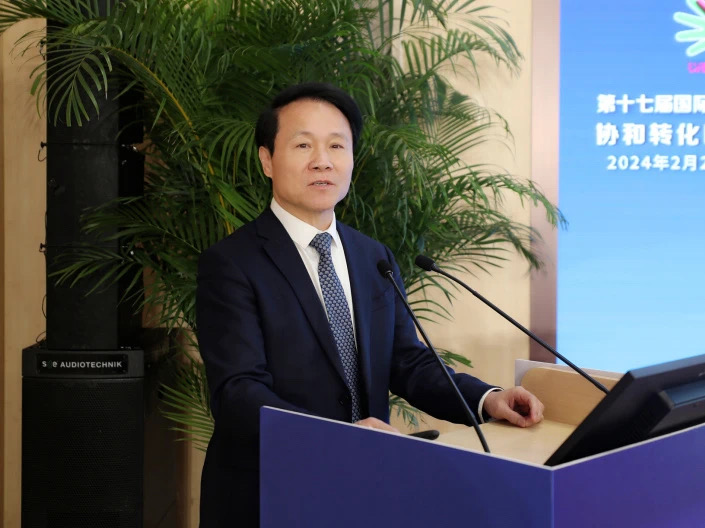
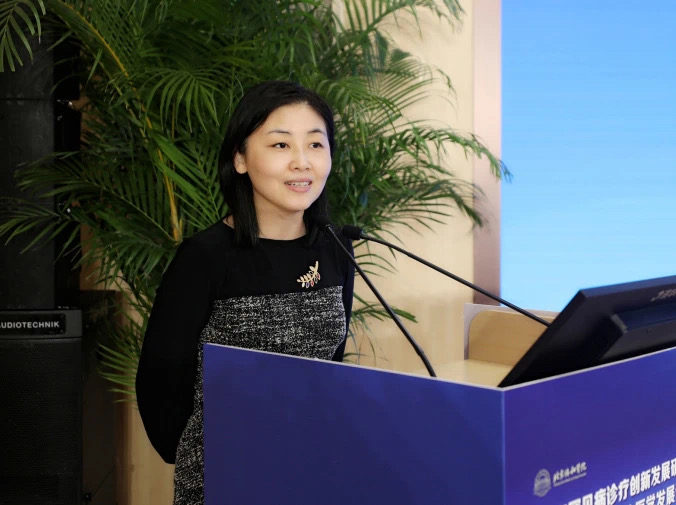
At the subsequent Translational Medicine Forum, Academician Zhan Qimin and Academician Yan Ning delivered captivating academic presentations, “Technological Innovation in Rare Disease Prevention and Treatment” and “From Rare Diseases to Basic Research”, respectively.
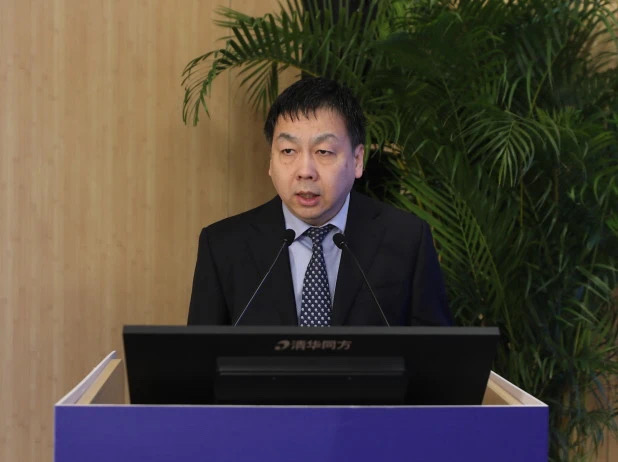
▲PUMCH Vice President Du Bin moderated the Translational Medicine Forum
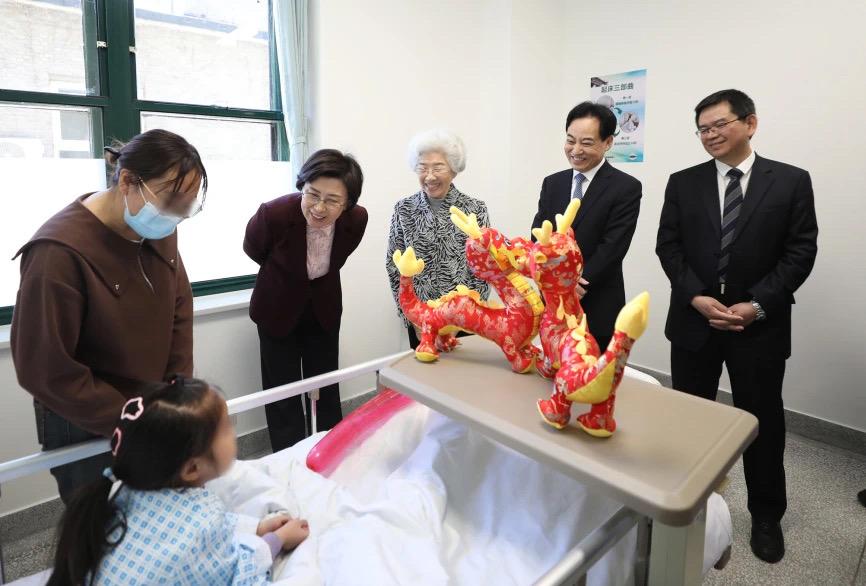
On the same day, the first independent ward for rare diseases in China was put into use, admitting two patients to provide them with comprehensive medical care. The opening of this ward is another important measure taken by PUMCH to provide high-quality medical services to patients with rare diseases and undiagnosed conditions, following the establishment of a specialized department for rare diseases and the launch of a joint outpatient clinic. The specialized ward will add more substance to the comprehensive management model for patients throughout the care-seeking process.
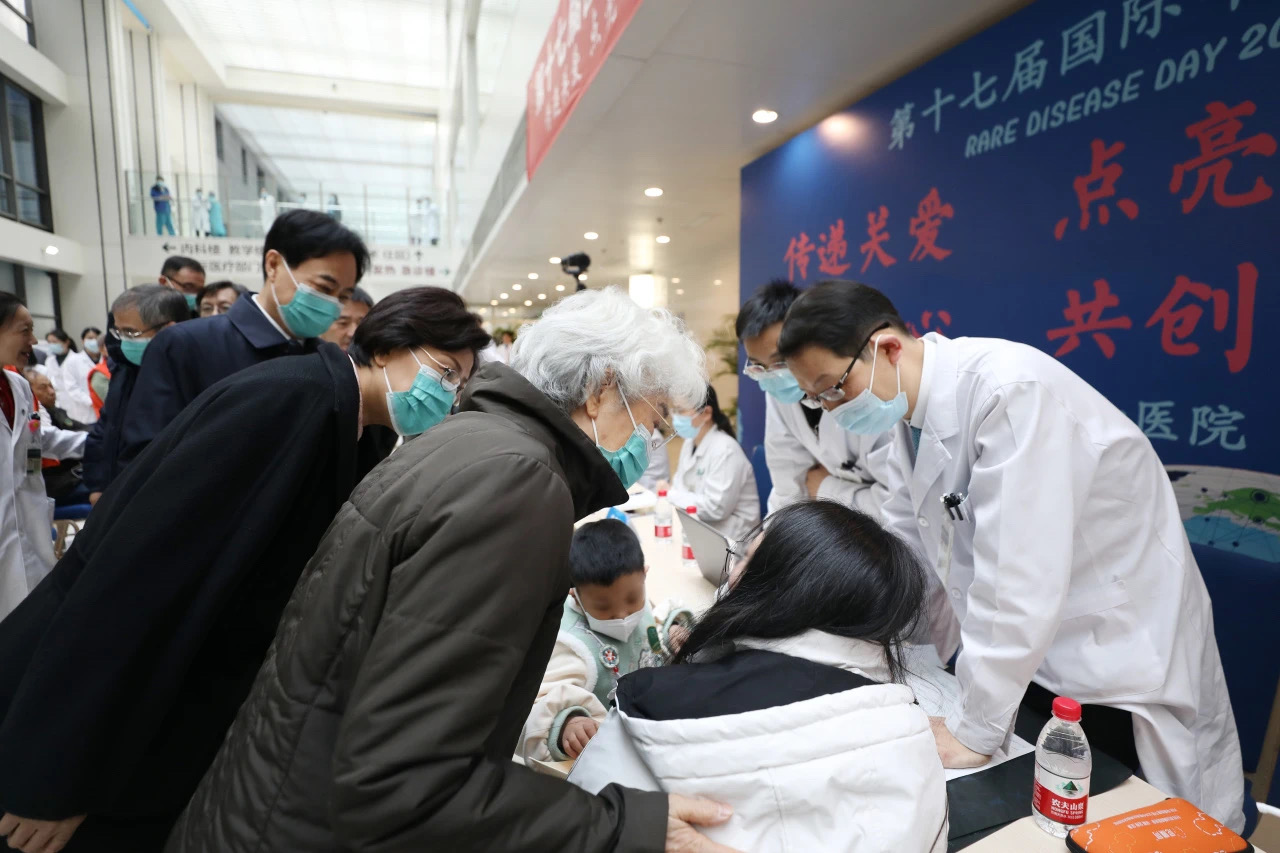
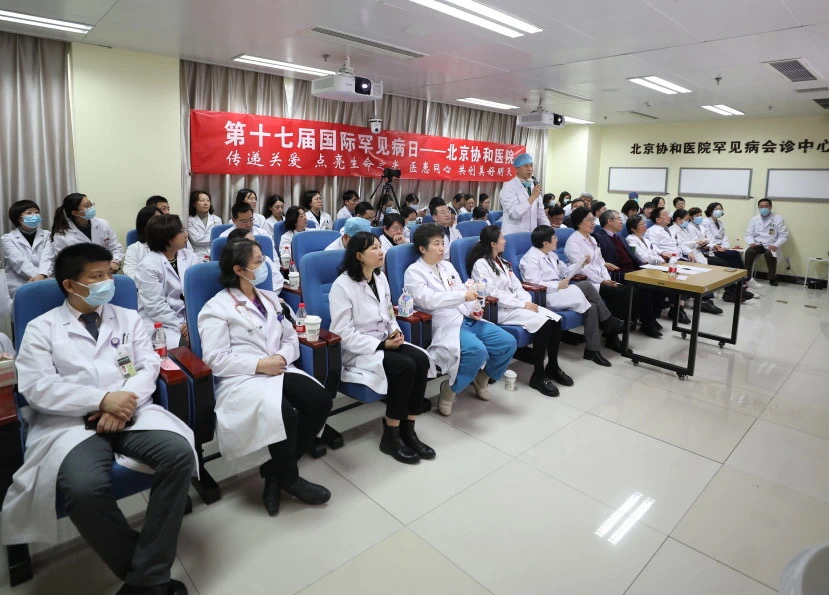
On the same day, PUMCH also held a free clinic in the outpatient building to observe the Rare Disease Day. Multidisciplinary experts provided free consultations for 50 rare disease patients from all over the country. The Department of Nursing and the Department of Medical Social Service organized health lectures and provided psychological counseling. At noon, the hospital held a Rare Disease MDT meeting, where more than 30 experts discussed the optimal diagnosis and treatment plan for a patient with Von Hippel-Lindau syndrome.
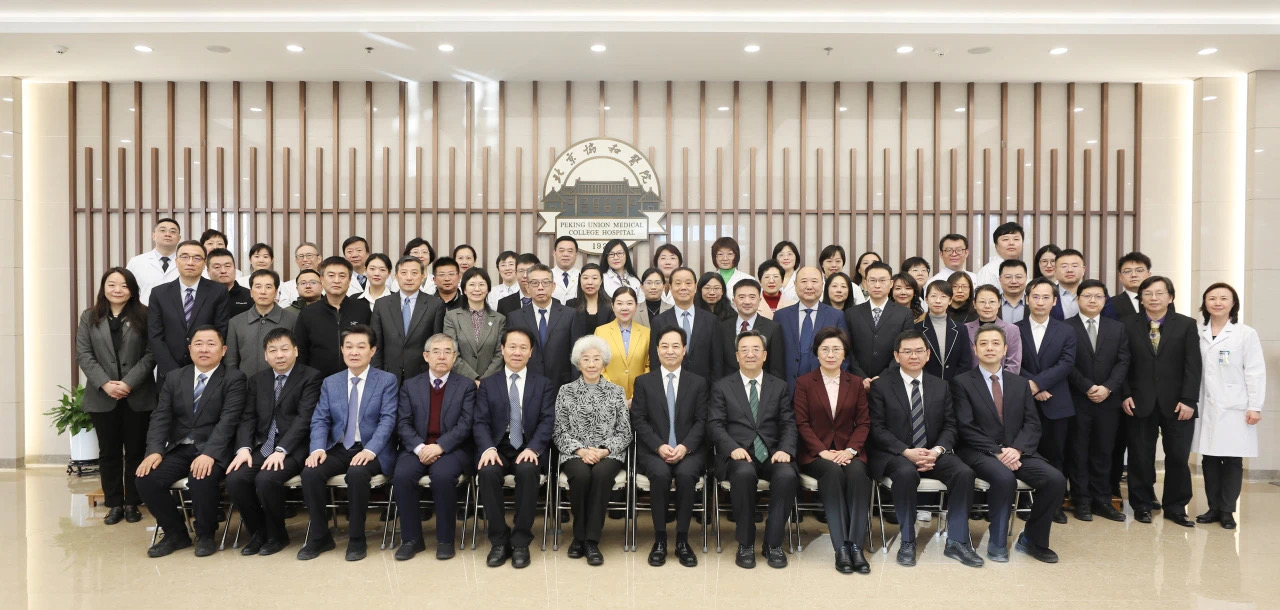
Written by Chen Xiao
Photographed by Sun Liang and Fu Tanpin
Editors Gan Dingzhu and Chen Xiao
Chief editor Chen Mingyan
Supervised by Wu Peixin
Translated by Liu Haiyan
Reviewed by Xie Jing and Wang Yao
